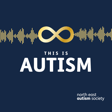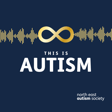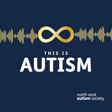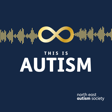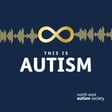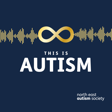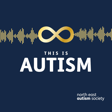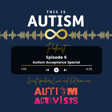
16. Education
In this episode of This Is Autism, we sit down with Bea, a passionate young autistic advocate, to talk about her experiences navigating the education system. From early school years through to sixth form, Bea reflects honestly on the challenges she faced — friendship struggles, masking, anxiety and burnout.
Bea shares how a lack of early understanding and support affected her mental health and school attendance, but also how finding the right environment, such as Newcastle Bridges School, helped her rebuild confidence and feel truly supported. She opens up about the pressures of fitting in, internalised ableism, and the emotional toll of constantly having to explain and justify her needs in order to access support.
The conversation also covers key themes like autistic burnout, the importance of safe spaces and special interests, and the role families play in supporting young people through education. Bea’s story highlights both the systemic issues within mainstream education and the transformative power of inclusive, compassionate approaches that value autistic voices.
Whether you’re a parent, professional, or autistic young person yourself, Bea’s journey offers insights into what needs to change to make education truly inclusive.
